|
|
|
|
Last week, the media was awash with reports that Abubakar Shekau, leader of the Nigerian-based jihadist group Boko Haram, had died. Unsurprisingly the Nigerian military treated the news with caution, promising an investigation. Shekau has been pronounced dead at least four times since he took control of the terror group in 2009. Whether he is dead or alive, the reports nevertheless raised questions about which jihadist group has the upper hand in the Chad Basin – Boko Haram or the breakaway Islamic State West Africa Province. Folahanmi Aina provides some answers.
The ability to share information easily and quickly on social media platforms has turned out to be a blessing – and a curse. As use of social media has proliferated, so has the pervasive sharing of misinformation. Getting to grips with this requires understanding how and why people share things. A group of academics studied why young media users in six African countries share information online and whether they’re discerning about what they share. Chikezie E. Uzuegbunam, Dani Madrid-Morales, Herman Wasserman, Gregory Gondwe, Khulekani Ndlovu, Etse Sikanku, Melissa Tully and Emeka Umejei set out their findings, and why they’re useful.
You still have a few more days to support journalism that you can trust. If you value what we do, please donate to our campaign. Any amount, whether as monthly donation or a one-off gift, provides crucial resources to support our public interest journalism.
Donate
now
|
Adejuwon Soyinka
Regional Editor West Africa
|

|
|
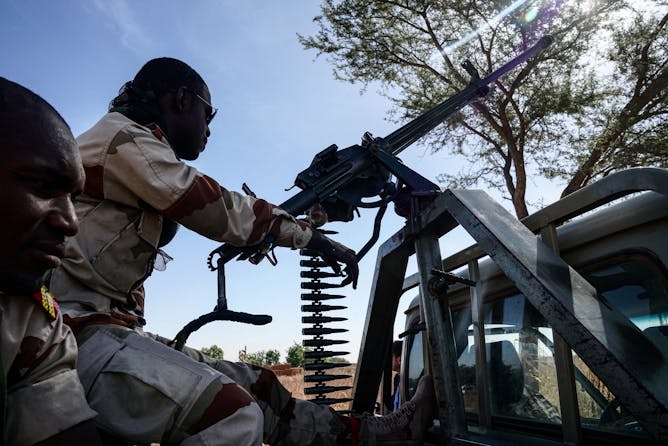
Soldiers patrol the Nigerian border with Niger Republic as both countries battle the Boko Haram insurgency.
Photo by Giles Clarke/Getty Images
Folahanmi Aina, King's College London
Islamic State West Africa Province appears to be consolidating its dominance in the region. This means Nigeria and other countries in the Sahel region have a lot more to be worried about.
|
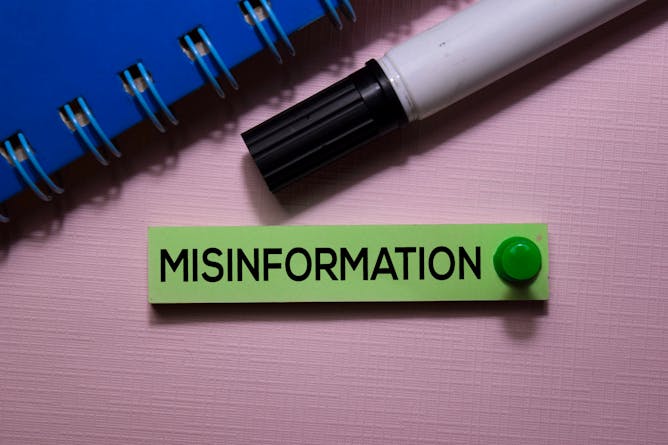
Different African countries must come up with home grown solutions to curb misinformation or disinformation.
Shutterstock
Chikezie E. Uzuegbunam, University of Cape Town; Dani Madrid-Morales, University of Houston; Dr. Emeka Umejei, University of Ghana; Etse Sikanku, Ghana Institute of Journalism; Gregory Gondwe, University of Colorado Boulder; Herman Wasserman, University of Cape Town; Khulekani Ndlovu, University of Cape Town; Melissa Tully, University of Iowa
Users do spend some time thinking about whether information is true; the decision to share it (even if it’s fake news) depends on the topic and the type of message.
|
Politics + Society
|
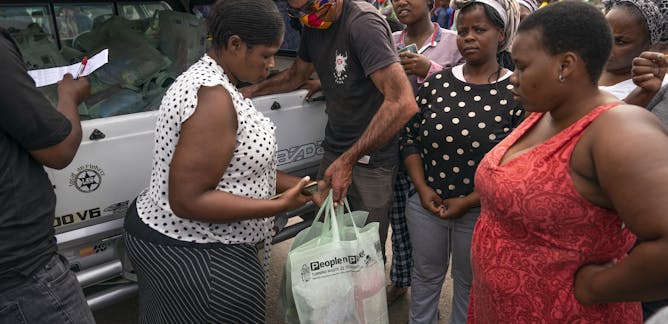
Leila Patel, University of Johannesburg
Early in the pandemic, countries had to address several questions as the virus spread and lockdowns became inevitable.
| |
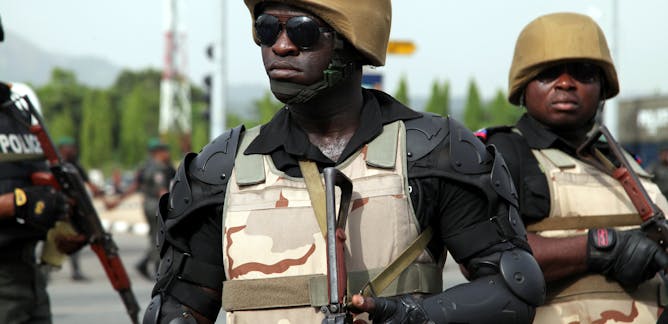
Lanre Ikuteyijo, Obafemi Awolowo University
Attacks on police officers and their stations can damage police legitimacy in Nigeria
|
|
|
Business + Economy
|
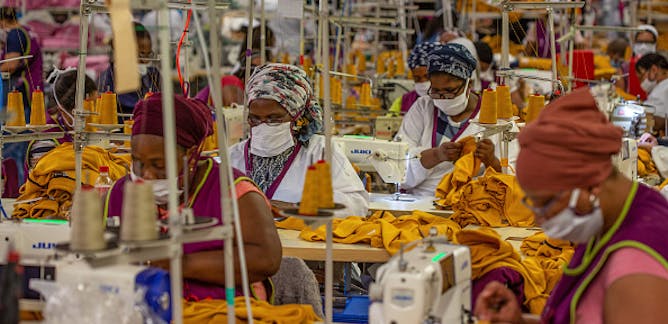
Imraan Valodia, University of the Witwatersrand
Companies being required to go public with information about executive and workers pay packets is increasingly becoming the norm.
| |

Susan Milner, University of Bath
Gender pay gap reporting was made mandatory in 2016. Could the same be done for tracking salaries by race?
|
|
|
From our international editions
|

Constance B. Bailey, University of Tennessee
As global oil consumption drops, oil companies are pivoting to petrochemicals, and could crowd out bio-based alternatives.
| |
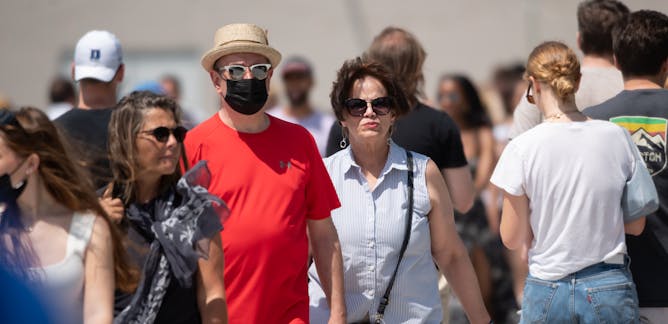
Sanjay Mishra, Vanderbilt University
The COVID-19 vaccines are a smash success. But that doesn't mean they keep every vaccinated person completely free of the coronavirus.
|
|
|
En Français
|

Christian Leclerc, Cirad; Abdoul-Aziz Saïdou, Cirad
Face aux enjeux du changement climatique pour les cultures ouest-africaines, des chercheurs explorent les pratiques et les semences utilisées par les agriculteurs locaux.
| |

Matthijs Meire, IÉSEG School of Management
Les données disponibles sur les réseaux sociaux peuvent permettre aux clubs de distinguer les fans qui peuvent revenir d’eux-mêmes de ceux vers lesquels diriger les efforts de communication.
|
|
|
| |
Featured events
|

|
52 Ryneveld Street, Stellenbosch, Cape Town, Western Cape, 8000, South Africa — Stellenbosch University
|
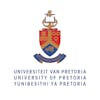
|
Virtual/Online, Hatfield, Gauteng, 0083, South Africa — University of Pretoria
|

|
Lynwood Road, Hatfield, Pretoria, Gauteng, 0002, South Africa — University of Pretoria
|

|
Robert Sobukwe Road, University of the Western Cape, Bellville, Cape Town, Western Cape, 7535, South Africa — University of the Western Cape
|
|
|
|
| |
| |
| |
Would you like to republish any of these articles?
|
|
It’s free to republish, here are the guidelines.
Contact us on africa-republish@theconversation.com in case you need assistance.
|
| |
| |
| |
| |
|
|
|
|
|
|
|